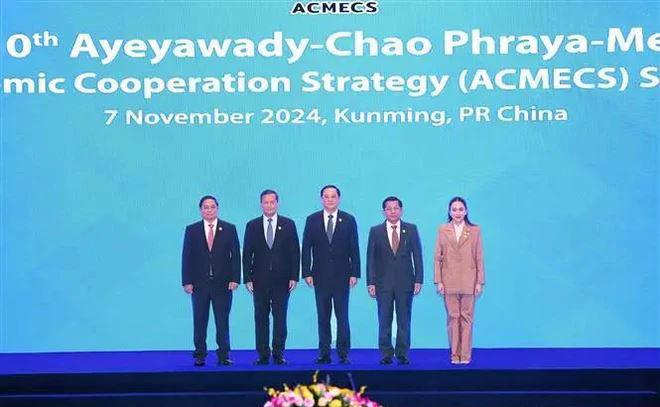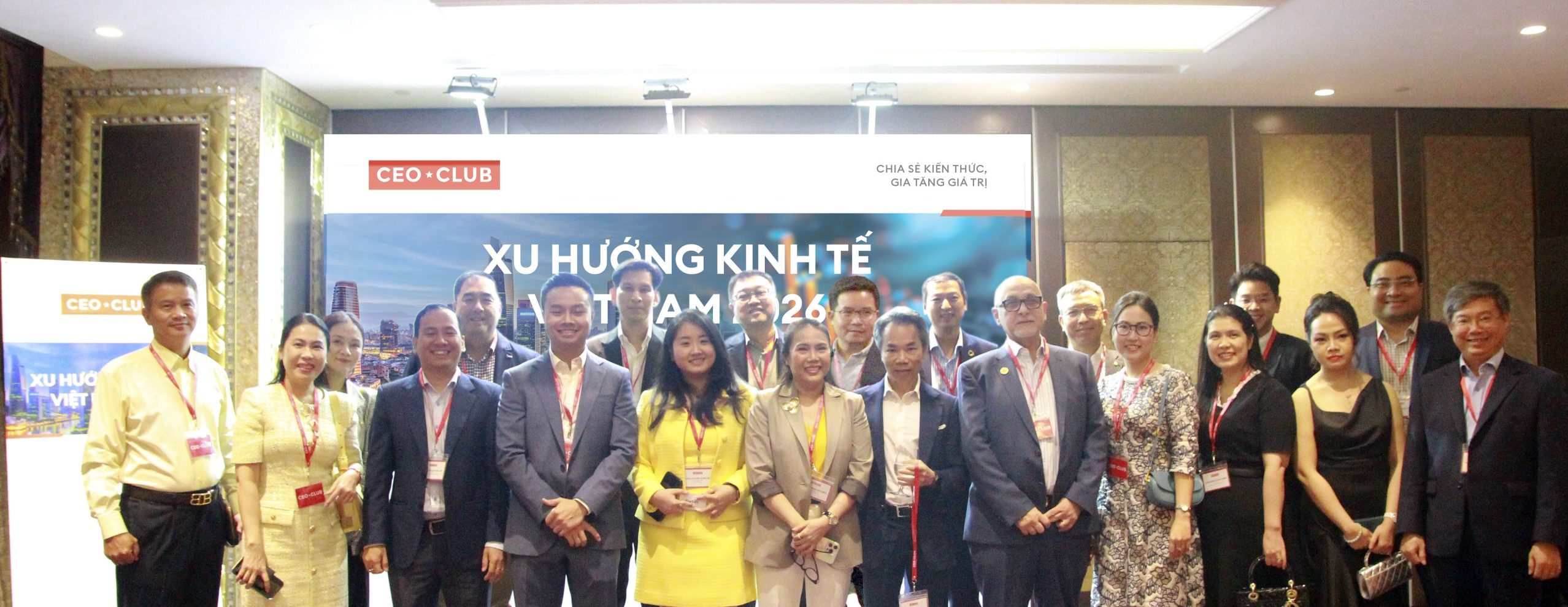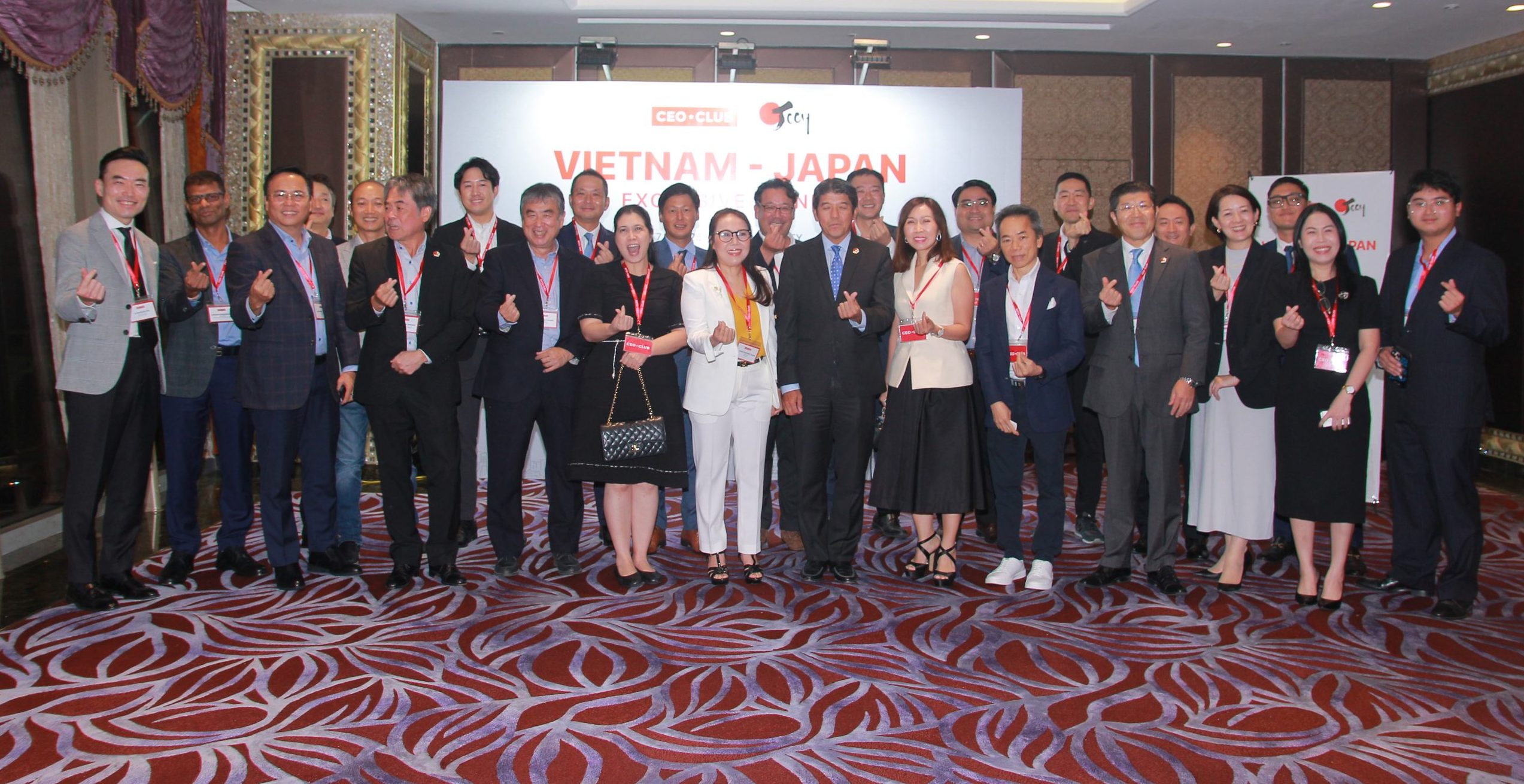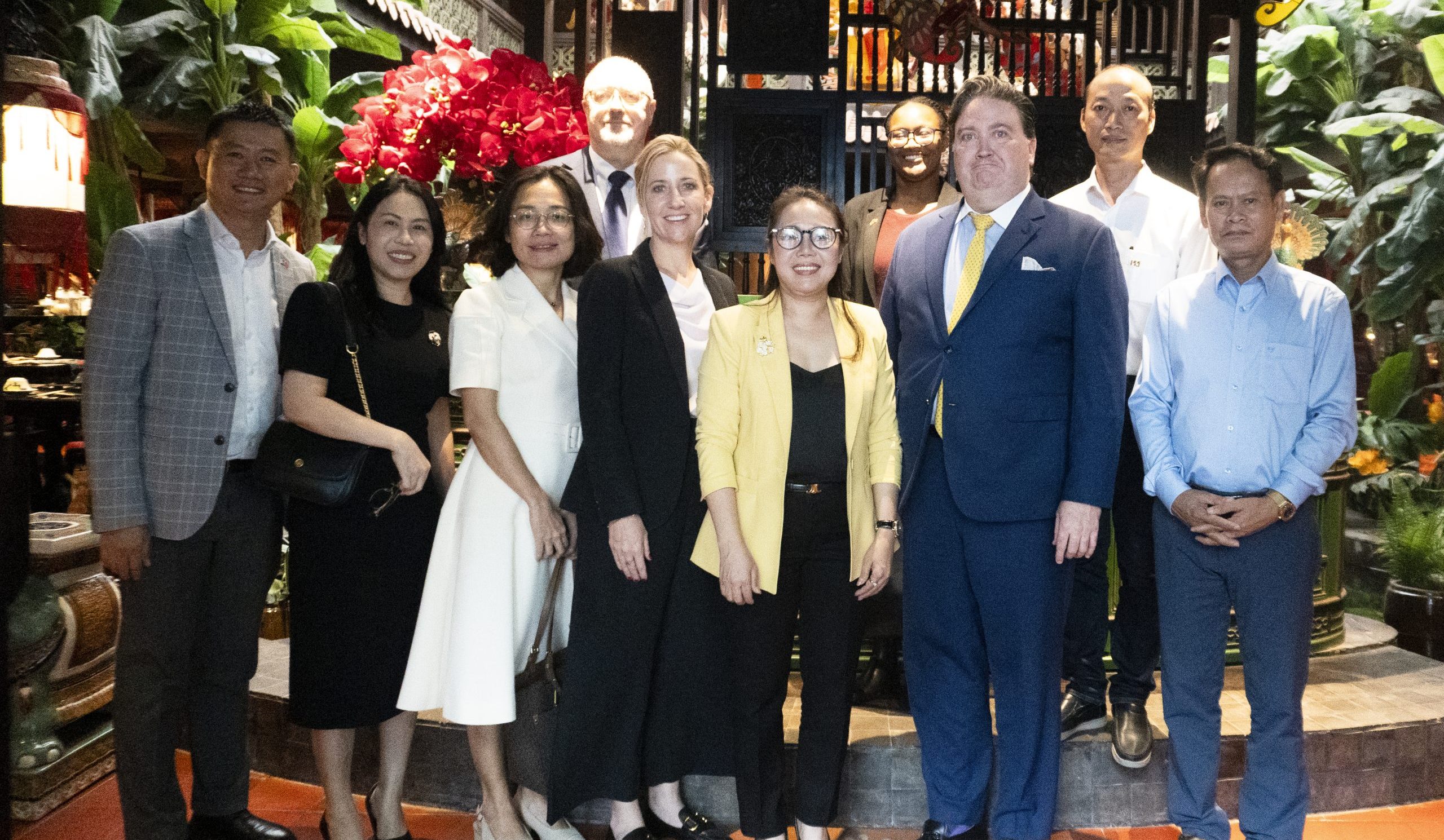At the 10th ACMECS Summit on November 7, PM Pham Minh Chinh emphasized the central role of ACMECS in the Mekong sub-regional cooperation.

Prime Minister Pham Minh Chinh (left) attends the 10th ACMECS Summit. (Photo: VNA)
Addressing the 10th ACMECS Summit held in Kunming city in Yunnan province of China on November 7, Prime Minister Pham Minh Chinh put forth six contents to make breakthroughs in the Ayeyawady-Chao Phraya-Mekong Economic Cooperation Strategy (ACMECS) in the coming time, the Vietnam News Agency reported.
At the summit themed “Towards Seamless Connectivity for Mekong Sub-regional Integration”, heads of governments and heads of delegations of Cambodia, Laos, Myanmar, Thailand and Vietnam emphasized the important contributions of ACMECS cooperation in socio-economic development, improving the lives of people in the Mekong sub-region. ACMECS has also made an important contribution to narrowing the development gap and promoting connectivity within the Association of Southeast Asian Nations (ASEAN), and implementing the United Nations (UN) 2030 Agenda for Sustainable Development.
The leaders welcomed the important progress in implementing the ACMECS Master Plan for the 2019-2023 period, especially the cooperation in trade-investment and tourism, support for small- and medium-sized enterprises, and human resource development. They also appreciated the positive results in cooperation between ACMECS and development partners, the establishment of the ACMECS Development Fund and the Interim Secretariat, and the introduction of ACMECS logo and official website.
The leaders assessed that the complicated and unpredictable changes in the world are putting the Mekong sub-region in general and ACMECS cooperation in particular in front of multi-dimensional challenges of economic instability, supply chain disruption, energy security, water security, climate change, and natural disasters.
To effectively respond to challenges and seize new opportunities, the leaders agreed to persistently promote balanced, inclusive and sustainable development, strengthen cooperation with other Mekong sub-regional cooperation mechanisms, and jointly build an ACMECS Community of solidarity, strength and sustainability.
ACMECS will continue to promote cooperation in transport connectivity, and digital infrastructure, and facilitate trade to turn the Mekong sub-region into a regional logistics centre. It will also focus on developing high-quality human resources, digital transformation, and green transformation.
The cooperation in Mekong water resources management was highlighted at the summit. The leaders of the five countries agreed to strengthen cooperation in sustainable management of cross-border water resources, especially in coordination with the International Mekong River Commission, share hydrological data, and build an early warning system for natural disasters.
A concept document on water resources management in the Mekong sub-region was issued at the summit, aiming to enhance strategic coordination among the members in responding to short- and long-term challenges.
Addressing the summit, Vietnamese PM Pham Minh Chinh emphasized the central role of ACMECS in the Mekong sub-regional cooperation. It is an indispensable component of the ASEAN Community, a gateway connecting ASEAN with Northeast Asia, Southeast Asia, and a bridge between the Pacific and Indian Oceans.
PM Chinh said that the world is entering an era of innovation, opening up new opportunities that are crucial to the development of each country as well as the entire sub-region. It is time for ACMECS to define its new mission of working together to build a united, strong and sustainably developed community.
He said ACMECS cooperation in the coming time needs to be the convergence of shared aspiration, vision, determination, voice and action.
With such a viewpoint, the Vietnamese leader proposed six contents for ACMECS cooperation to make breakthroughs in the coming period.
First, ACMECS needs tightened coordination to ensure consistency from strategy building to actual implementation. Cooperation plans and programs need to be substantial, and practical to match with the development needs of the member countries, and mobilized resources. PM Chinh announced that Vietnam will contribute $10 million to the ACMECS Development Fund.
Second, PM Chinh highlighted the need to combine tradition and modernity, ensuring synchronous and harmonious development between traditional economic sectors and new and modern technology sectors.
On the one hand, ACMECS needs to support its member countries to renew traditional growth drivers, and promote investment, consumption and trade. On the other hand, ACMECS needs to promote new growth drivers to help the member countries seize new opportunities and participate more deeply in regional and global value chains.
Priority should be given to comprehensive and extensive digital transformation through mobilizing capital for infrastructure investment and digital services; supporting start-ups and innovation; applying digital technology to the manufacturing and processing industry, information and communications, finance, banking, digital customs, and smart border gates.
Thirdly, rapid growth must be linked with sustainability, focusing on promoting green transition, developing circular economy and sharing economy, he said. In response to the urgent needs for climate change response and sustainable development in the subregion, ACMECS’s top priority should be attracting green finance for developing green industries, clean agriculture, and low-emission transportation, he noted.
It is also necessary to strengthen cooperation among the five countries in the management and sustainable use of the Mekong River’s water resources; and share initiatives on promoting cooperation between ACMECS and development partners to transfer technology and improve capacity in sustainably using and managing transboundary water resources, especially in terms of real-time hydrological data sharing, he stressed.
PM Chinh suggested ACMECS member nations promote solidarity and political trust, and strengthen the sharing of information and mutual consultations on plans and projects related to the Mekong River’s water resources. He also called for enhanced cooperation in disaster management through projects to enhance capacity, establish early warning systems among the Mekong countries, and develop highly resilient infrastructure.
Fourthly, regional and international connectivity is needed for the circulation of goods and services, and the movement of people among the five nations, he said, stressing the need to promote the simplification and harmonization of procedures, and focus on developing transport infrastructure for intra-regional and inter-regional connections, especially railway and expressway systems.
He urged the five countries to enhance the sharing of information and coordination in building economic development plans and policies to increase mutual complementarity and spread benefits; and convince development partners to make joint investments with ACMECS to ensure “seamless connectivity for an integrated Mekong sub-region.”
Fifthly, it is important to connect the government with the people and businesses, the Vietnamese leader said, suggesting that all strategies, action plans, and projects of ACMECS should take people and businesses as the centre, the subject, the goal, and the driving force to bring practical and inclusive benefits and ensure that no one is left behind.
He proposed that ministers, senior officials, and the ACMECS Secretariat should develop the next phase of the ACMECS Master Plan, focusing on inclusivity with projects aimed at benefiting the people, especially those in remote areas; and supporting businesses in participating in regional and global supply chains.
Sixthly, he emphasized the need to boost connections between development, maintaining stability and ensuring security. He proposed ACMECS expand cooperation in combating transnational crimes, particularly drug trafficking and cybercrime, not allowing anyone to use the territory of this country to harm another.
Van Nguyen (Source: en.vneconomy.vn)


